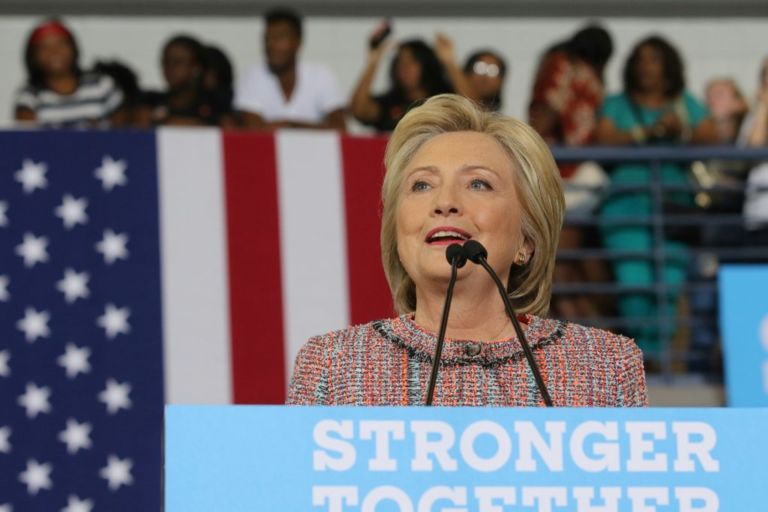Opponents of the proposed constitutional amendment banning same-sex marriage and civil unions are shifting into high gear in anticipation of the May 8 ballot initiative — assuming the election isn’t delayed due to redistricting litigation. They’re optimistic of defeating the proposal.
One example of the positive outlook is a column in the N&O, penned by Western Carolina University public affairs professor Roger Hartley, that connects the guarantee that North Carolina won’t play a role in the GOP presidential primary to heightened chances that the marriage amendment will go down to defeat. He writes:
The GOP-led legislature placed the marriage amendment on the primary ballot thinking that party activists would be drawn to the polls. With no opposition as yet to President Barack Obama and Gov. Beverly Perdue, the Democratic primary is likely to have low turnout, with the exception of some competitive local races. With a presidential primary contest on their ballot, GOP voters would be drawn to the polls to select their nominee. In a competitive national GOP primary, Proposition 1 would almost certainly pass.
Things have changed. A fast finish by Romney will leave GOP voters with little but local races and the marriage amendment to draw them to the polls. Fewer Republican voters in May could even the playing field.
The analysis strikes me as whistling in the dark.
First, I don’t agree with Hartley’s explanation of why Republicans placed the ballot initiative on the primary ballot, versus waiting for the general election. Republicans felt comfortable that it would pass in either election, but in order to bring a couple needed Democratic votes into the fold in the House, they agreed to put the initiative on the May ballot.
It was clear in September that one of Democrats’ concerns about the amendment was political:
In response to Democrats’ concerns that a ballot question in the fall would drive higher turnout among conservative voters (hurting Democrats’ chances), Republican sponsors booked the referendum for the primary election (scheduled for May) rather than the General Election in November.
The compromise enabled the proposal to pass the House 75-42 and the Senate 30-16.
Secondly, Hartley’s linkage of the GOP primary with the marriage ballot initiative is a non-issue. In all but the rarest of circumstances, North Carolina wouldn’t play a role in the nominating process, let alone a critical one. So it isn’t fair to say that the non-primary is a game changer. It won’t have an impact regardless.
There’s no doubt that the margin of victory for amendment supporters will be lower than in other states in past elections. One of the reasons is that the proposal also addresses civil unions, which is a step beyond many other marriage amendments. Another is changing public opinion.
That being said, consider: With the exception of Arizona, no state that has placed a marriage amendment on the ballot has rejected it. (Arizona ended up passing a diluted version of the amendment later.) One of the surest political bets of 2012 is that North Carolina won’t be the second state to do so.


